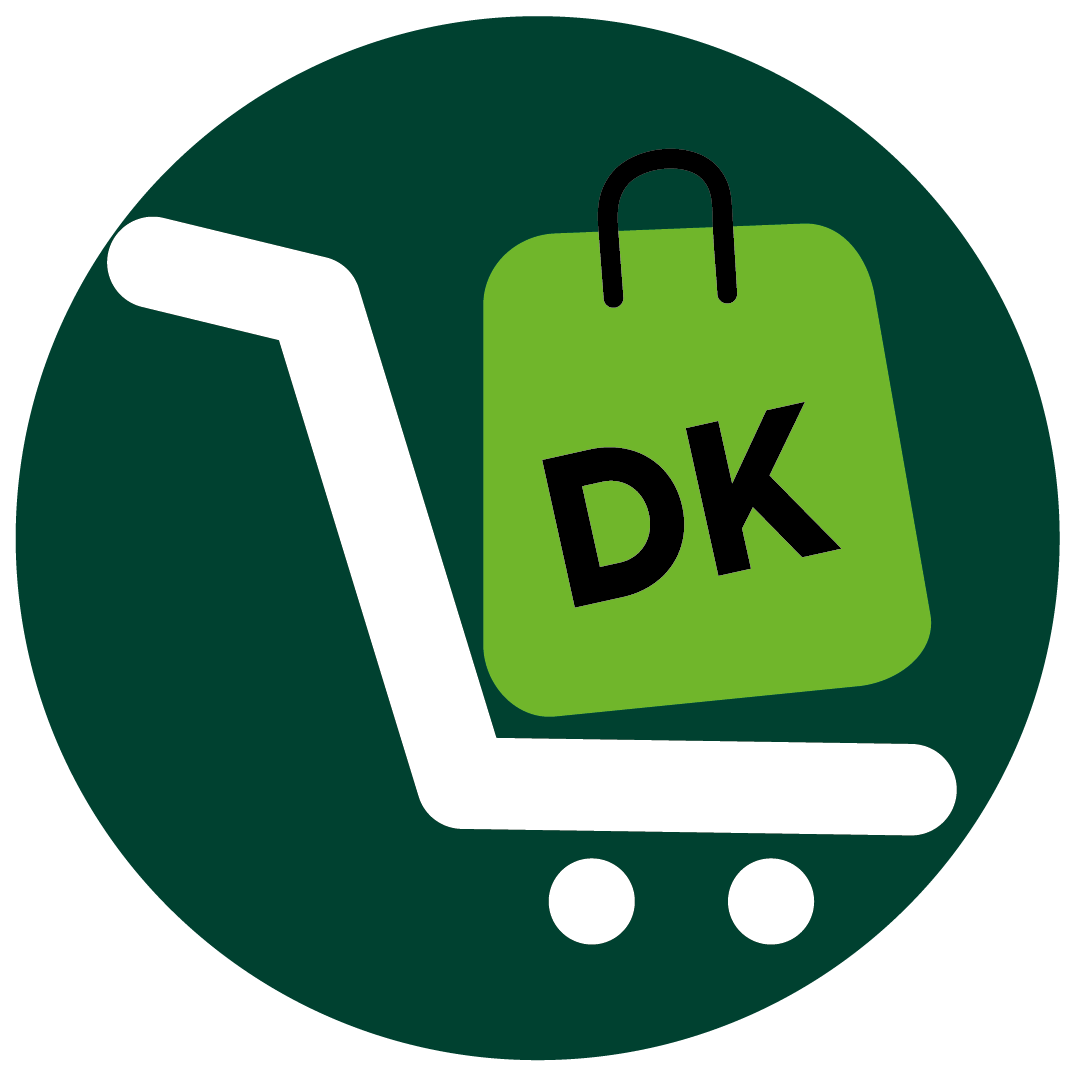Ready to master the art of selling books online? Whether you’re a seasoned wordsmith or just testing the literary waters, ever pondered how to ace your digital book sales game? With countless readers surfing the web daily, itching to discover new reads, are you ready to captivate them and turn clicks into cash? If the answer is yes, you’ve landed in the perfect spot! Buckle up as you unveil expert tips and tricks to conquer the online book-selling arena with flair.
To Sell Books Online
- Understand Your Target Audience
- Choose the Right Platform for Selling Books Online
- Price Your Books Competitively
- Create Engaging Book Descriptions
- Use High-Quality Images of Your Books
- Implement Effective Marketing Strategies
- Provide Excellent Customer Service
- Manage Your Inventory Efficiently
- Leverage Social Media for Promotion
Ready to embark on your journey to online book-selling success? Let’s dive in!
1. Understand Your Target Audience
To sell books online, understanding your target audience is key. Start by researching who they are: What do they like to read? Where do they hang out online? Once you’ve got that down, tailor your marketing message to speak directly to them. Use language and imagery that resonates with their interests and values.
Don’t just sell the book—sell the experience. Show them how your book will solve a problem, entertain them, or enrich their lives in some way. Engage with them on social media, forums, or book clubs where they gather. Build a relationship, not just a transaction. Then, listen to their feedback. It’s gold. Adjust your approach based on what they tell you. Remember, the more you understand your audience, the better you can connect with them and sell your books like hotcakes.
>>>MORE – How To Set Up a Squarespace Online Store
2. Choose the Right Platform for Selling Books Online
Selecting the appropriate platform for selling books online is essential for success. Firstly, identify where your target audience predominantly shops. If they frequent Amazon, it’s a logical choice. However, if your audience is more niche, explore specialized platforms like Etsy for artisanal books or BookBaby for self-published authors. Secondly, consider the platform’s fee structure, including any flat fees or commission rates.
This will influence your pricing strategy. Also, evaluate the platform’s features, such as marketing tools, analytics, and inventory management capabilities. Then, prioritize user-friendliness to ensure a smooth selling experience. Conduct thorough research, compare options, and make an informed decision that aligns with your book and business goals. The right platform can significantly impact your online selling endeavors.
3. Price Your Books Competitively
When it comes to pricing your books online, it’s all about finding that sweet spot. Start by checking out what similar books are going for. You don’t want to price yourself out of the market, but you also don’t want to undervalue your work. Consider factors like your book’s uniqueness, quality, and target audience. Are you offering something special or niche? That could justify a higher price.
On the other hand, if you’re just starting or trying to reach a broader audience, a lower price might attract more buyers. Don’t forget to factor in your costs—printing, shipping, platform fees, etc.—so you’re not selling at a loss. And keep an eye on trends and seasonal fluctuations. Adjust your prices accordingly to stay competitive and maximize your sales potential. It’s a balancing act, but finding that perfect price point can make all the difference in your online book-selling game.
4. Create Engaging Book Descriptions
Crafting engaging book descriptions is your ticket to grabbing readers’ attention and making those sales soar. Start by hooking them with a compelling opening line. Think of it like a teaser trailer—make them curious and eager to learn more. Then, dive into what sets your book apart. Highlight its unique features, the problems it solves, or the emotions it evokes. Use vivid language to paint a picture in their minds and draw them into your story.
Keep it concise, though—nobody likes to wade through a wall of text. And don’t forget the call to action! Encourage them to take the next step, whether it’s hitting that “Add to Cart” button or clicking through to learn more. With a killer book description, you’ll have readers clamoring to get their hands on your book faster than you can say “bestseller.”
>>>PRO TIPS – Dropshipping Books: Success Hacks for Quick Profits
5. Use High-Quality Images of Your Books
When it comes to selling books online, images are worth more than a thousand words—they’re worth sales! So, make sure your book images are top-notch. Invest in a good camera or hire a professional photographer to capture your book in all its glory. Show off its cover, spine, and even some interior pages if possible.
You want potential buyers to feel like they’re holding your book in their hands, flipping through its pages. Use natural light and clean backgrounds to make your books pop. And don’t forget about resolution—crisp, clear images are a must. Remember, these images are your book’s first impression, so make them count. When shoppers see high-quality images, they’ll be more inclined to click that “Buy Now” button. So, snap away and watch those sales stack up.
6. Implement Effective Marketing Strategies
To effectively sell your books online, you need to excel at marketing strategies! Start by building your author platform—get active on social media, start a blog, or maybe even a podcast. Share behind-the-scenes glimpses, and book excerpts, and engage with your audience. Next up, leverage email marketing. Build a mailing list and send out regular updates, promotions, and exclusive content to keep your readers hooked.
Collaborate with influencers, book bloggers, or fellow authors to expand your reach. And don’t forget about good advertising —whether it’s through social media ads, Google AdWords, or targeted promotions on book-related sites, a little investment can go a long way. Then, never underestimate the power of word-of-mouth. Encourage your readers to spread the love and leave reviews—it’s one of the best marketing tools out there. With these strategies in your arsenal, you’ll be selling books like hotcakes in no time!
7. Provide Excellent Customer Service
When it comes to selling books online, stellar customer service is your secret weapon. First things first, be responsive! Answer questions promptly and courteously, whether it’s through email, social media, or your website. Next, go the extra mile—offer personalized recommendations, share reading tips, or even include a handwritten note with each purchase.
Make sure your shipping and handling are top-notch too—nothing kills a good vibe like a damaged book arriving late. And if there’s ever an issue, handle it like a pro—apologize, fix the problem, and make it right. Remember, happy customers are repeat customers, and they’ll sing your praises to anyone who’ll listen. So, treat each buyer like a VIP, and watch your online book business thrive!
>>>GET SMARTER – Dropshipping How to Dropship Digital Products
8. Manage Your Inventory Efficiently
Managing your inventory efficiently is crucial for successful online book sales. Start by organizing your stock, knowing what you have and what’s selling well. Use tools like spreadsheets or inventory management software to track everything. Stay aware of trends and reorder popular titles before they run out. Simplify your processes by labeling shelves, packing orders effectively, and establishing a system for receiving new stock.
Regularly review your inventory levels and adjust your purchasing as needed. Don’t forget to promote unsold books through deals or clearance sales to keep your inventory moving. By staying on top of your inventory, you’ll ensure smooth operations and keep your customers satisfied.
9. Leverage Social Media for Promotion
Utilize social media to promote your books effectively. Begin by selecting platforms where your target audience is active, such as Facebook, Instagram, Twitter, or TikTok. Create engaging content showcasing your books, including previews, behind-the-scenes glimpses, or reader testimonials. Actively engage with your followers by responding to comments, initiating conversations, and utilizing relevant hashtags to expand your reach.
Participate in book-related communities and discussions to connect with potential readers. Collaborate with influencers or other authors to reach a wider audience. Additionally, consider utilizing targeted advertisements to reach specific demographics. By implementing a strategic approach to social media promotion, you can increase book sales and cultivate a dedicated fan base.
Recap
To sell books online, research your target audience and choose the right platform. Price your books competitively and write engaging descriptions. Use high-quality images and implement effective marketing strategies. Provide excellent customer service and manage your inventory efficiently. Finally, leverage social media for promotion and engage with your audience.
By following these steps, you’ll be well on your way to selling books online like a pro! Keep hustling and connecting with your readers—it’s all about building those relationships and sharing your passion for books














